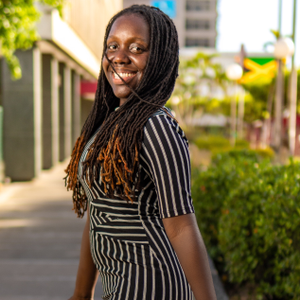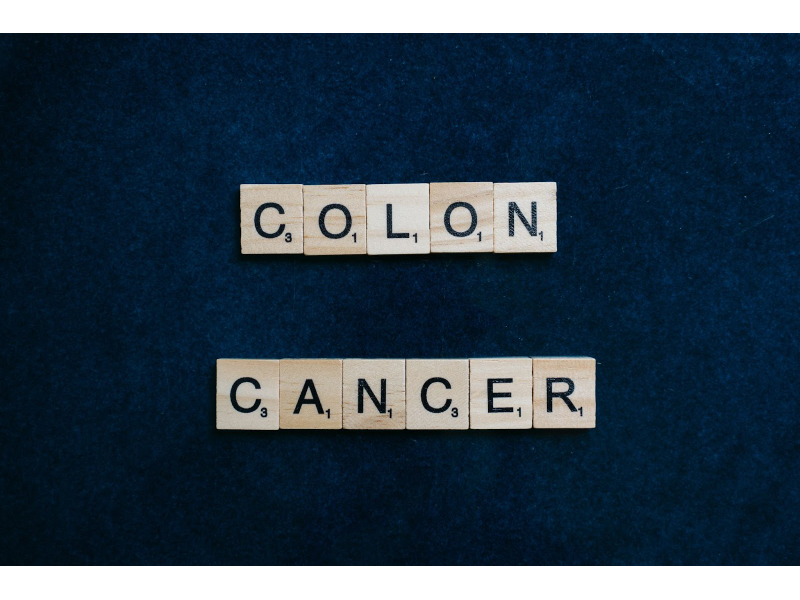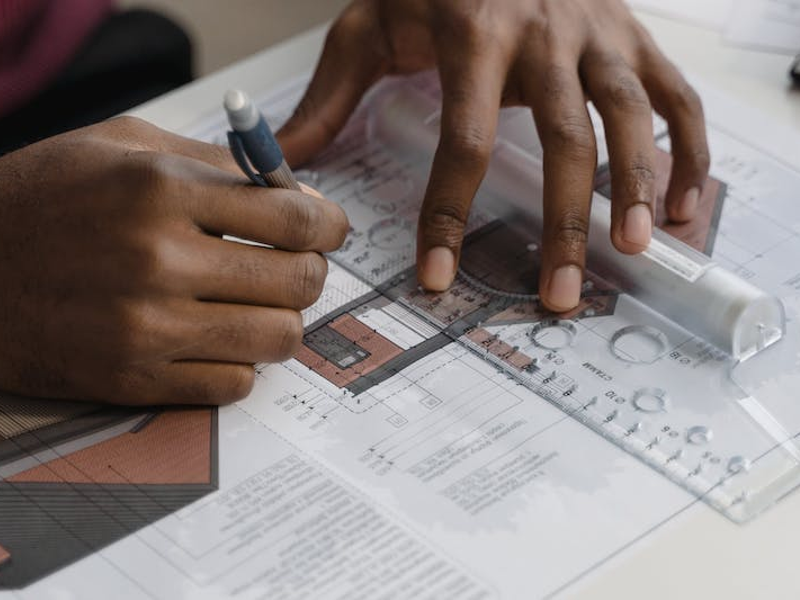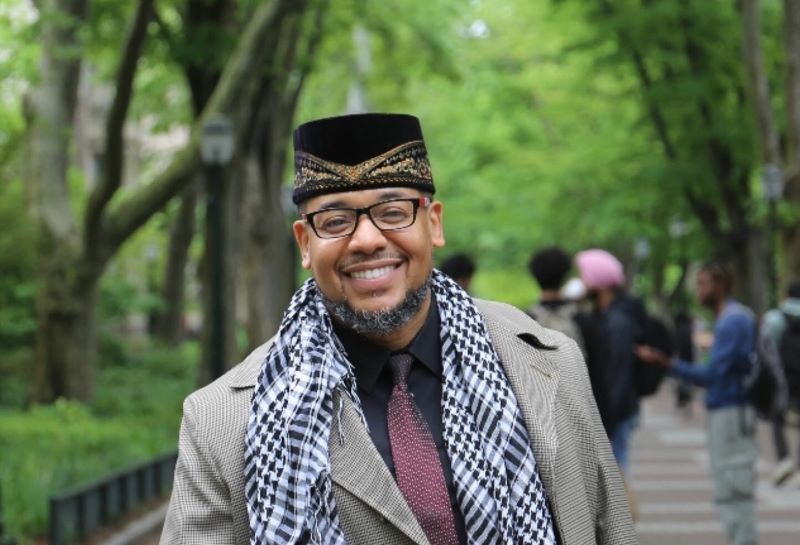The International Agency for Research on Cancer (IARC) states, “Colorectal Cancer Awareness Month is observed in March to highlight the importance of screening for colorectal cancer, as well as to promote healthy lifestyle habits that can decrease a person’s risk of developing cancer of the colon, rectum or anus – the three distinct cancer types referred to collectively as colorectal cancer.”
The purpose of this piece is not to give a complete play-by-play. My hope is to somehow connect with at least one other person who has a similar experience in even the smallest way.
My father passed away in 2008 after a long battle with colorectal cancer. I was 18 at the time of his passing. Though he fought the disease and won a number of occasions, the pesky bugger that is the ‘Big C’ kept returning.
My Father’s Journey with Colorectal Cancer
I was 13 and in my third year of high school when my dad was first diagnosed.
Dad and the rest of my family tried to shelter me from the initial impact of his diagnosis. Though, I’m not quite sure if it worked, as I observed everything and made mental notes. Needless to say, they couldn’t shield me from the cancerous effects for too long.
Some of the signs that prompted the doctor’s visit that would change the trajectory of his life included: mucus in his stool, black and/or bloody stool, constant constipation and diarrhea, and excessive fatigue and feelings of weakness. The irony in this is that he was never one to visit a doctor for himself. He often accompanied his family and friends to visit their doctors, but like most men, he never liked the idea of going.
The biggest giveaway that something was awry was fatigue. Though some of his lifestyle choices would be seen as questionable, my father was never known to be a man who got tired easily. Of course, the other signs were concerning, but he figured he got sick from something he ate. The doctor was supposed to write a prescription and send him home to get better. Little did we know.
My dad went through rounds of chemotherapy and radiotherapy. Sure enough, he lost his hair. Sure enough, the other side effects grabbed him by the throat. These included extreme fatigue, mouth, gum, and throat sores, and the worst of them all which was gastrointestinal. As bad as it was, he tried to ride the wave while being optimistic that he would beat it.
Regardless of his attempted positive outlook, he cried a whole lot. He never cried in my presence but I recall hearing him cry about the excruciating pain he was in. Throughout all this, he still went to work when he could.
After the initial rounds of treatments, everything seemed to be well.
Little did I know that the next phase of ‘horrible’ would come. My dad underwent surgery to have a colostomy bag installed. This new part of his existence meant that we all had to take special care to ensure his hygiene was impeccable. Having to clean and change him became part of the routine. We also had to ensure that home was impeccably clean all the time.
Life became more cyclical than before. It was: to the doctor’s office, to the hospital, to the treatment center, side effects of treatment, repeat. It was exhausting. Having to manage those situations as a family while also managing our personal lives.
I could go on about how this type of cancer negatively impacted our lives but that would be me focusing on the negative. My father was a man of joy despite the curveballs that life threw at him.
He met and interacted with many people while he endured his on-and-off relationship with colorectal cancer. I can safely say that about 80% of those people were not aware of his diagnosis and his fight. He didn’t want his family or friends to worry and he hated that we had to see him suffer. At every chance when the pain subsided, he kept positivity strong.
Hospice care was the latter part of my father’s journey. We continuously showered him with love and the best care (medicinal, spiritual, familial). However, none of those changed the end result.
My father’s death certificate said he ultimately died from liver metastasis. The last and final time cancer came back, it spread and viciously sucked the life out of him. Since his passing, I have participated in Jamaica’s iteration of Relay for Life almost every year. I have been more compassionate towards folks facing similar struggles and I offer help in whatever ways I can.
If you or someone you know needs support during a journey defined by cancer, please speak with your doctor or make contact with the cancer society nearest to you for assistance.
Statistics from a Jamaican Standpoint
According to the Jamaica Cancer Society, colorectal cancer is the third leading cause of cancer-related deaths in Jamaica. “In 2018, 642 new cases were recorded and 373 persons passed away from the disease,” they share in a 2021 post on their website.
As shared by the Jamaica Cancer Society, cancer research conducted by the Global Cancer Observatory shows that the number of new colorectal cancer cases in 2020 for males of all ages was 478 (13.1%). The number of new cases in 2020 for females of all ages was 318 (9%). This compared to the leading incidence of cancers in men for 2020 being prostate cancer with 1,561 (42%), and in women being breast cancer with an incidence of 1,208 (34.1%).
Here are some snapshots of the results


You may download the report on Jamaica here.
General Information about Colorectal Cancer

(Image source: The International Agency for Research on Cancer (IARC) website)
IARC states that colorectal cancer is the third most common cancer worldwide. In 2020, almost 2 million cases were diagnosed. The IARC estimates that the global burden of colorectal cancer will increase by 56% between 2020 and 2040 to more than 3 million new cases per year.
Some of the risk factors:
- Excessive alcohol consumption (my dad drank but I wouldn’t consider it excessive)
- Excessive smoking (my dad was a smoker)
- Being over the age of 45 (he was over this age)
Some of the warning signs:
- Change in bowel movements (sudden bouts of diarrhea and constipation)
- Blood or mucus in the stool
- Unexplained anemia or low blood count (this was also one of the symptoms he had)
Coping strategies after diagnosis:
- Find out what to expect
- Get regular check-ups
- Make lifestyle changes
- Hold on to a sense of normalcy
- Seek emotional support
Colorectal Cancer Staging
According to the American Cancer Society, the system often used by them is the American Joint Committee on Cancer (AJCC) TNM system. It is based on three key pieces of information. They are:
- The extent (size) of the tumor (T)/How far the cancer has grown into the wall of the colon or rectum
- The spread to nearby lymph nodes (N)
- The spread (metastasis) to distant sites (M)
*for an in-depth look at the staging of colorectal cancer, refer to the American Cancer Society
Sources:
Colon Cancer: Knowing Your Risks and How to Cope – The Jamaica Cancer Society
Cancer Statistics in Jamaica -The Jamaica Cancer Society
Colorectal Cancer Stages – The American Cancer Society
Colorectal Cancer Awareness Month – International Agency for Research on Cancer (IARC)

Candice Stewart is a Jamaican content writer specializing in human interest feature stories. She is a web content writer, blogger, and budding podcaster.
She holds an MA in Communication for Social and Behaviour Change and a BSc. in Psychology from the University of the West Indies (UWI, Mona).
Follow her blog at thesuburbangirlja.com, where she shares stories and life lessons through real-life experiences.





